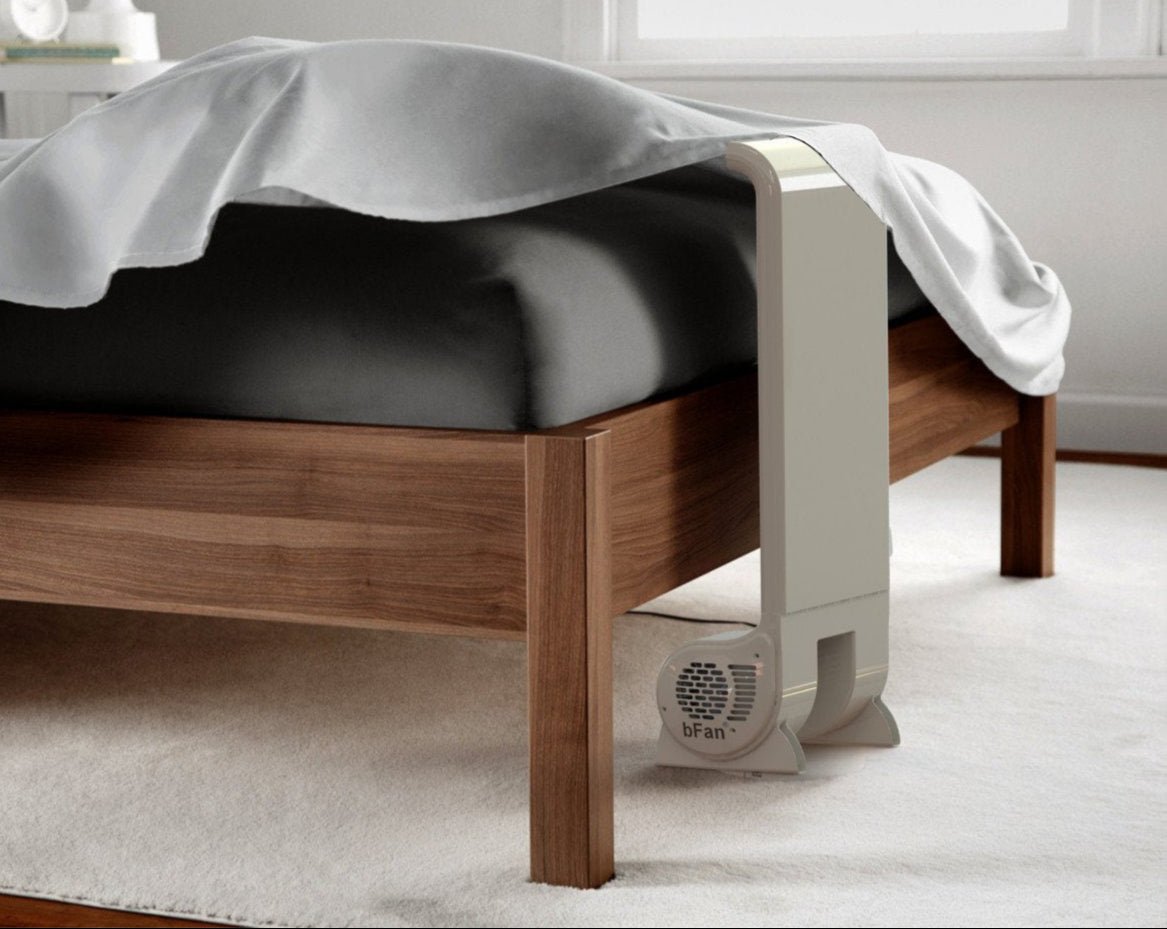What Causes Snoring
So what exactly is snoring? The distinctive snoring sound is caused by tissues in the back of the throat rattling and vibrating. The muscles in the airway relax during sleep, causing the airway to tighten. The restricted air that moves through the airway causes the rattling and vibrating sounds as it moves past the tissues in the back of the throat.
So, what causes people to snore? Several factors can play a part in whether or not a person without OSA snores. Some factors, such as having a cold, are not long-lasting and cause snoring to occur for a limited time only. Having a cold or otherwise caused congestion limits a person's ability to breathe through their nose (WebMD). Drinking alcohol can also cause snoring, as it causes the muscles in the throat to relax and thus narrows the airway. The position in which someone is sleeping also plays a significant role in snoring occurring. Any awkward sleeping position which restricts the airway can cause snoring (Advanced Sleep Medicine Services, Inc.). Pregnancy, specifically in later trimesters, causes swelling, which can constrict the airway and cause snoring. Swollen adenoids or swollen tonsils can also restrict breathing and cause snoring to occur (this is most commonly seen in children).
More long-term factors, such as obesity, cause snoring to become a more persistent issue. Obesity causes snoring because of the extra fatty tissue on the neck, which puts pressure on the airways (MedlinePlus). A generally large or misshapen tongue can restrict the airways and cause snoring as well. Older people are more likely to snore as the muscles in their throat weaken due to age. Nasal issues, such as misshapenness, can also cause difficulty breathing and lead to snoring.
Two significant risk factors that can cause snoring are being a man or having a family history of snoring or OSA. The airway within men is more vulnerable to collapse or be constricted as they have a longer upper airway. Men being more prone to snoring is also due to hormone differences and fat distribution (Sleep.org).
People most commonly find out that they snore from their partners or anyone else near enough to hear them. If no one else is around to hear and inform someone worried they're a snorer, they can opt to use apps that will record their sleep.
https://www.sleepdr.com/the-sleep-blog/is-snoring-a-sleep-disorder-or-symptom/
https://www.sleep.org/men-snore-women/
https://medlineplus.gov/ency/patientinstructions/000720.htm
https://www.sleepfoundation.org/snoring
https://www.webmd.com/sleep-disorders/ss/slideshow-stop-snoring
Share

